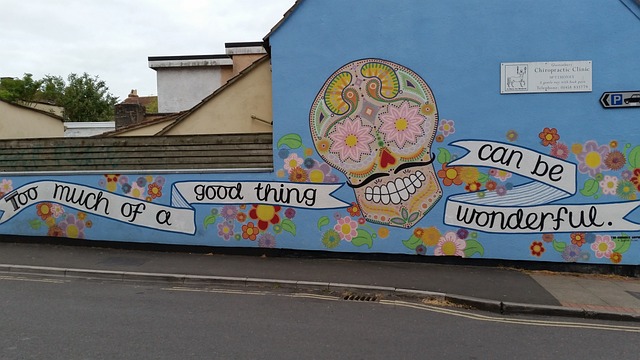Forgiveness is a powerful tool that can transform lives, relationships, and communities. It is the act of pardoning or letting go of anger, bitterness, and resentment towards someone who has hurt or wronged you. Forgiveness is not about forgetting the offense or condoning the behavior that caused the pain. Instead, it is a conscious decision to release the negative emotions and thoughts associated with the hurt, and to move forward with peace, compassion, and understanding.
What is Forgiveness?
Forgiveness is a complex emotional process that involves several cognitive and affective components, including:
- Accepting the reality of the hurt and its impact on your life
- Letting go of negative emotions such as anger, bitterness, and resentment
- Empathizing with the offender and trying to understand their perspective
- Making a conscious decision to forgive and to move forward with a positive attitude
Forgiveness is not the same as forgetting, excusing, or condoning the behavior that caused the pain. It does not mean that you have to reconcile or maintain a relationship with the offender. Instead, forgiveness is a personal choice that can lead to healing, growth, and transformation.
Why is Forgiveness Important?
Forgiveness has many benefits for both the individual and the community, including:
- Improved mental health: Forgiveness can reduce symptoms of anxiety, depression, and stress, and promote feelings of happiness and well-being.
- Enhanced physical health: Forgiveness can lower blood pressure, strengthen the immune system, and reduce the risk of chronic diseases.
- Better relationships: Forgiveness can improve communication, trust, and intimacy in relationships, and reduce conflicts and misunderstandings.
- Increased empathy and compassion: Forgiveness can promote a sense of connectedness and empathy towards others, and reduce feelings of isolation and loneliness.
- Restored dignity and self-worth: Forgiveness can help restore a sense of dignity and self-worth that may have been damaged by the offense, and promote feelings of self-acceptance and self-love.
How to Practice Forgiveness?
Forgiveness is a process that requires time, patience, and self-compassion. Here are some steps that can help you practice forgiveness:
- Acknowledge the hurt and its impact on your life: Recognize the negative emotions and thoughts associated with the hurt, and how they have affected your relationships, work, and well-being.
- Empathize with the offender: Try to understand the offender’s perspective and the factors that may have contributed to their behavior. This does not mean that you condone or excuse their behavior, but it can help you see them as a human being with their own struggles and challenges.
- Make a conscious decision to forgive: Forgiveness is a personal choice that requires a conscious decision to let go of the negative emotions and thoughts associated with the hurt, and to move forward with peace and compassion.
- Practice self-care: Forgiveness can be a challenging and emotional process, so it is important to take care of yourself physically, emotionally, and spiritually. This may involve activities such as exercise, meditation, therapy, or spending time with loved ones.
- Let go of the past and focus on the present: Forgiveness is about letting go of the past and focusing on the present moment. This may involve setting boundaries, practicing gratitude, and cultivating a positive attitude towards life.
Summary
Forgiveness is a powerful tool that can transform lives, relationships, and communities. It is a complex emotional process that involves accepting the reality of the hurt, letting go of negative emotions, empathizing with the offender, and making a conscious decision to forgive and move forward with peace, compassion, and understanding. By practicing forgiveness, we can improve our mental and physical health, enhance our relationships, increase our empathy and compassion, and restore our dignity and self-worth. Forgiveness is not an easy process, but with time, patience, and self-care, it is possible to let go of resentment and move forward with a positive attitude. By practicing forgiveness, we can create a better world for ourselves and those around us.
Remember, forgiveness is not a one-time event, but a continuous process that requires practice and patience. If you are struggling to forgive, it may be helpful to seek support from a therapist, a spiritual advisor, or a support group. Remember that forgiveness is a personal choice, and you have the power to transform your life and relationships by letting go of resentment and embracing compassion and understanding.
Mental Health
-

Did you Know Sauna Helps with Stress Relief
Sauna bathing has been cherished for centuries as a method to unwind, relax, and rejuvenate the mind and body. Beyond its physical benefits, emerging research suggests that sauna therapy can have profound psychological advantages, promoting stress relief and enhancing mental well-being. In this article, we will delve into the psychological benefits of sauna sessions, exploring…









Leave a Reply